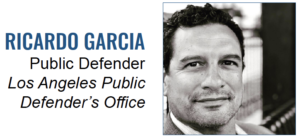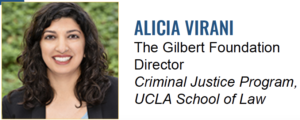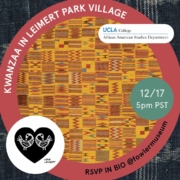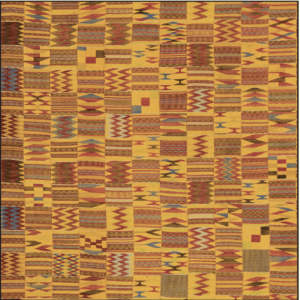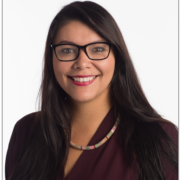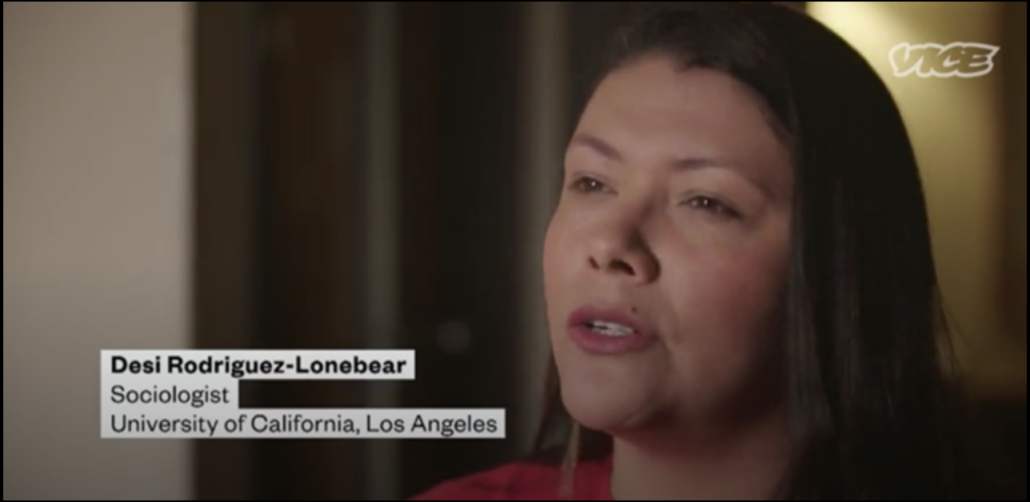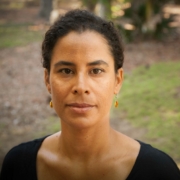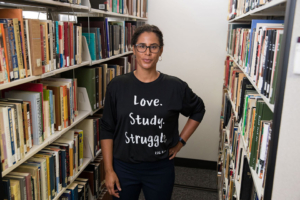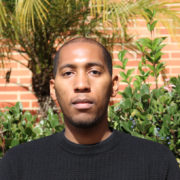In light of the reawakened reckoning on racial justice issues and other historical and contemporary inequalities, the UCLA Division of Social Sciences is turning its attention and support to its graduate students. The newly established Dean’s Fund for the Study of Diversity and Racial Inequality was created to provide funds to graduate students in the division researching and examining the important social justice issues of our time.
Launched in November 2020, an email campaign showcased cutting-edge research in the division with the goal of raising $50,000 by December 31, 2020. For six weeks, messages highlighted various research projects, ranging from how COVID-19 has disproportionately impacted communities of color to the Division’s own Hollywood Diversity Report.
Midway through the campaign, Dean Darnell Hunt’s Advisory Board was so inspired by this effort that the board decided to provide $25,000 in matching funds. Additionally, Material, a modern marketing services company, led by Chairman and CEO UCLA alumnus Dave Sackman ’80, also a member of the Dean’s Advisory Board, pledged a $25,000 gift. Thanks to these gifts, as well as the generous support of numerous donors, alumni and friends, the campaign exceeded its goal, raising over $77,000.
“As the #1 public university in the United States, we continually strive to advance knowledge, address pressing societal needs, and foster the kind of environment enriched by diverse perspectives in which our students can flourish,” said Hunt. “I am truly heartened by how the UCLA community came together to support our graduate students during these challenging times.”
Later this spring, the Division’s graduate students will be invited to submit research proposals, and the funds will be distributed as $5,000 grants starting summer 2021. Raising money for this fund will be an ongoing effort, underscoring the Social Science’s commitment to its graduate students as they take on important and critical research around issues of diversity and inequality.
To support graduate students through the Dean’s Fund for the Study of Diversity and Racial Inequality, click HERE.
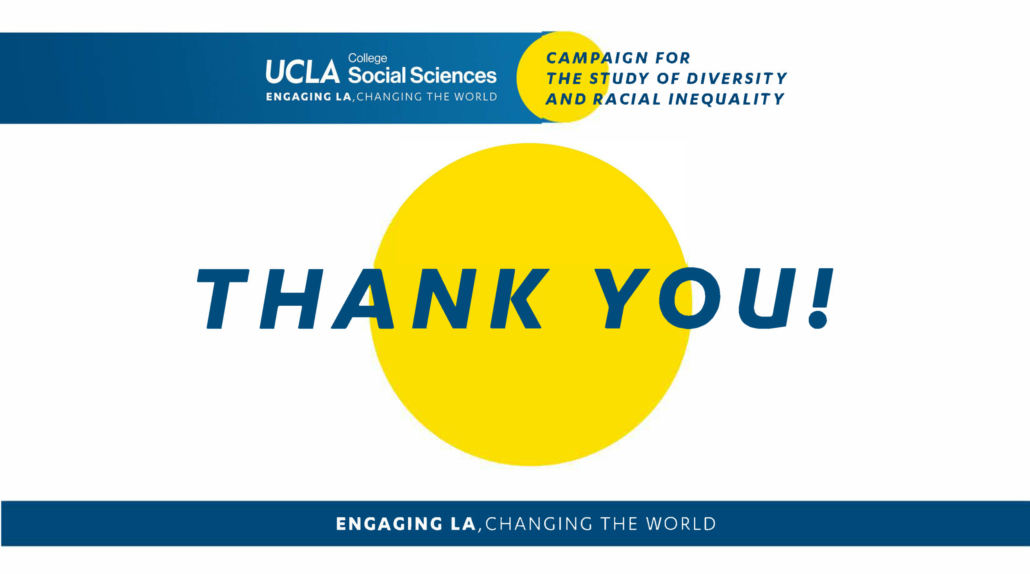
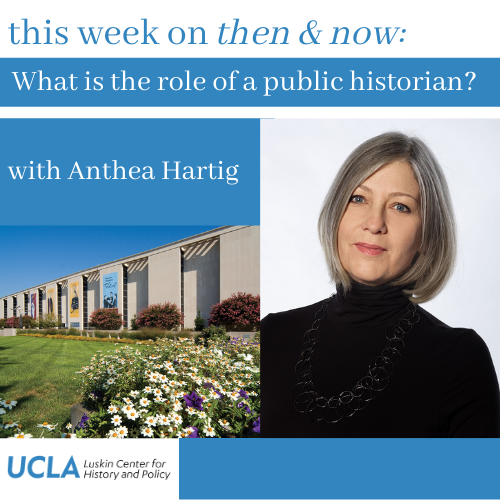

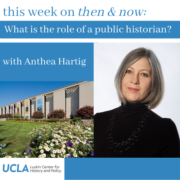


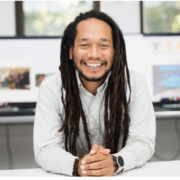
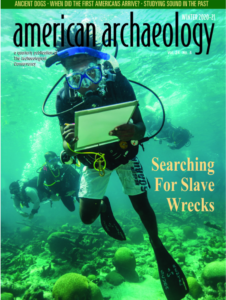 The research of Dr.
The research of Dr. 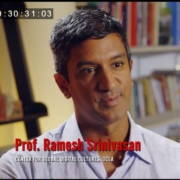
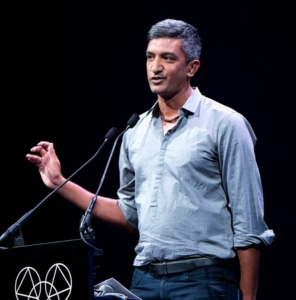 Dr.
Dr. 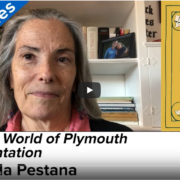
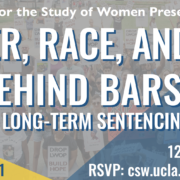
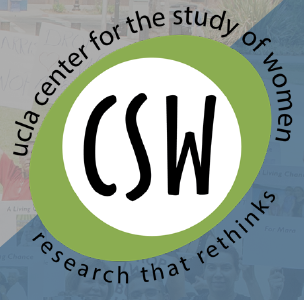
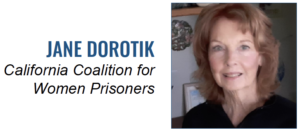
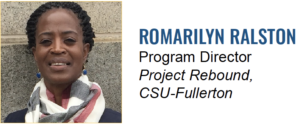 Romarilyn Ralston was incarcerated for 23 years, and is now the Program Director of Project Rebound at the California State University-Fullerton. Both are organizers with California Coalition for Women Prisoners (CCWP).
Romarilyn Ralston was incarcerated for 23 years, and is now the Program Director of Project Rebound at the California State University-Fullerton. Both are organizers with California Coalition for Women Prisoners (CCWP).